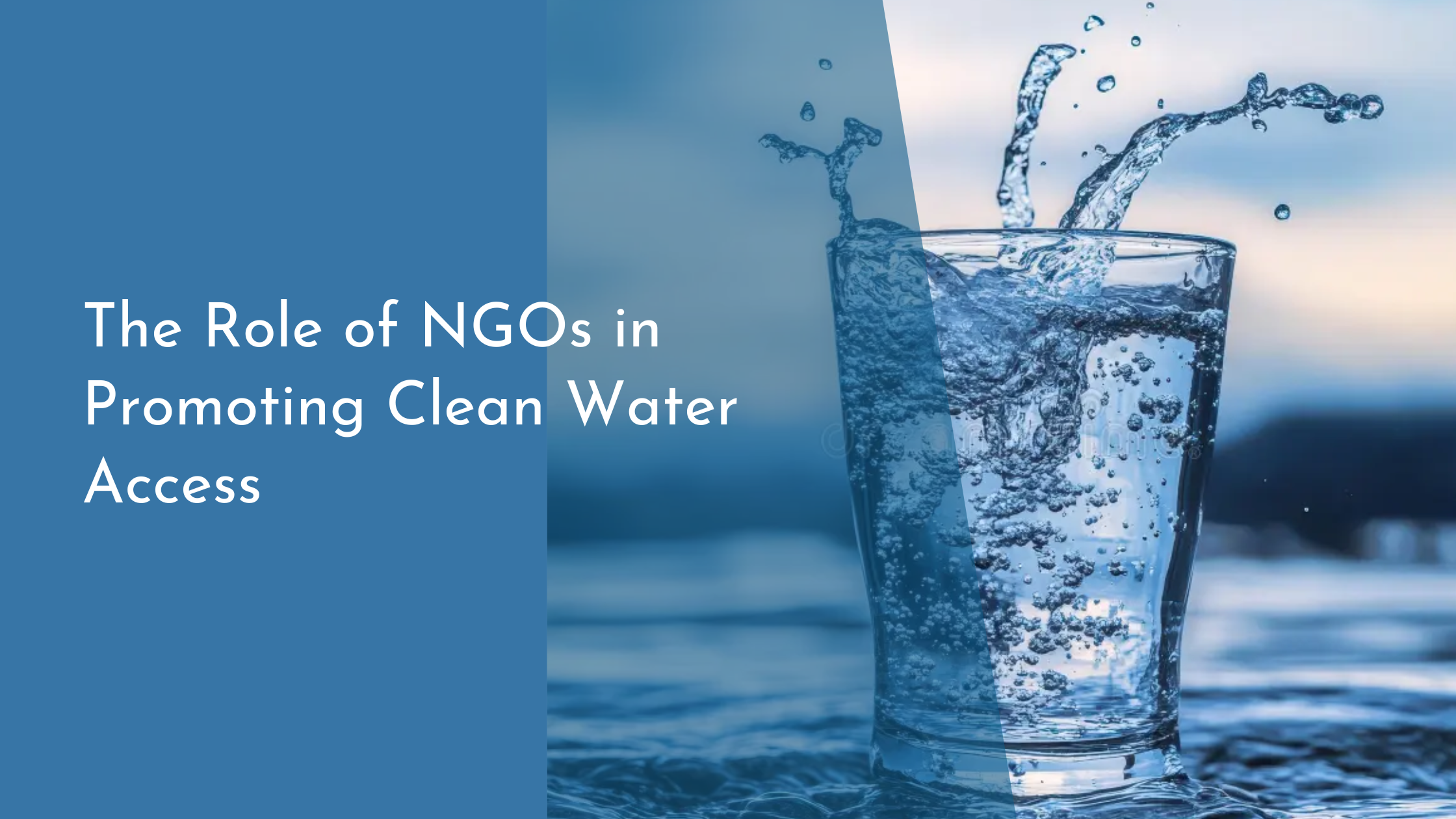The Role of NGOs in Promoting Clean Water Access
Clean water is a fundamental human right, yet millions around the world still lack access to this vital resource. Non-Governmental Organizations (NGOs) play a crucial role in bridging this gap, bringing hope and tangible solutions to communities in need. This article explores the global water crisis, the significant impact NGOs are having, and the innovative strategies they employ to promote clean water access. We’ll also delve into inspiring collaborations and success stories that highlight the power of collective action in ensuring safe water for all.
Understanding the Global Water Crisis
The global water crisis is a pressing issue that affects billions of people worldwide. According to the World Health Organization, around 2.2 billion people lack access to safely managed drinking water services. This scarcity is not only a challenge for health and survival but also hinders economic development and education. In many regions, women and children bear the burden of walking long distances to fetch water, a time-consuming task that limits their opportunities for education and income-generating activities. Climate change further exacerbates these issues, leading to unpredictable rainfall patterns and shrinking water sources.
Lack of clean water results in severe health consequences, with waterborne diseases such as cholera and diarrhea being prevalent in areas with inadequate sanitation. The global water crisis is intertwined with both poverty and inequality, disproportionately affecting the most vulnerable populations. To address this complex issue, a multifaceted approach is required, involving governments, communities, and organizations working together to create sustainable solutions. In this challenging landscape, NGOs emerge as vital players, leveraging their resources and expertise to foster change and improve lives.
How NGOs are Making a Difference
NGOs have been at the forefront of efforts to address the global water crisis, employing a range of strategies to ensure communities have access to clean water. These organizations often work on the ground, directly engaging with affected communities to understand their unique challenges and needs. By doing so, they can implement projects that are culturally appropriate and sustainable. They focus not only on immediate water provision but also on long-term solutions, such as building infrastructure for rainwater harvesting, creating water purification systems, and improving sanitation facilities.
Moreover, NGOs play a crucial role in advocating for policy changes at local and international levels to prioritize water access and sanitation. By raising awareness and mobilizing resources, they influence governments and other stakeholders to commit to action. Through education and training, NGOs empower communities to manage and maintain water resources themselves, fostering a sense of ownership and ensuring the longevity of these projects. This grassroots approach not only improves access to clean water but also uplifts communities, providing them with the tools they need to thrive.
Innovative Strategies for Clean Water Access
Innovation is at the heart of many NGO-led water projects, as they continually seek novel ways to address the diverse challenges posed by the global water crisis. One groundbreaking approach involves the use of solar-powered pumps and filtration systems, which provide clean water without relying on non-renewable energy sources. These systems are particularly beneficial in remote areas where electricity is scarce, harnessing the abundant sunlight to ensure a consistent water supply.
Another innovative strategy is the deployment of mobile technology to monitor and manage water resources. NGOs use data from mobile apps to track water quality and usage, enabling real-time decision-making and maintenance. This technology also facilitates community involvement, as individuals can report issues and access information on water conservation practices. By integrating technology and local knowledge, NGOs are not only improving water access but also driving sustainable development and environmental stewardship.
Collaborations and Success Stories
Collaborations between NGOs, governments, private sector partners, and local communities are essential in amplifying the impact of clean water initiatives. One notable example is the partnership between WaterAid and local governments in Ethiopia, which has led to the development of comprehensive water and sanitation programs. These partnerships leverage resources and expertise, allowing for the implementation of large-scale projects that significantly improve water access and health outcomes.
Success stories from around the globe showcase the transformative power of NGO efforts. In India, the NGO Gram Vikas has empowered rural communities by constructing water and sanitation facilities, leading to improved health and reduced time spent on water collection. In Kenya, the Turkana Basin Institute, in collaboration with several NGOs, has implemented innovative water harvesting techniques that provide reliable water sources in arid regions. These success stories demonstrate the potential for positive change when communities are equipped with the right tools and support to overcome water scarcity challenges.
In a world where access to clean water remains a significant challenge, the role of NGOs is paramount. Through innovative solutions, strategic collaborations, and a deep commitment to community empowerment, these organizations are making a substantial impact on the lives of millions. While the journey towards universal water access is ongoing, the progress made by NGOs offers a beacon of hope and a testament to the power of collective action. As we continue to address the global water crisis, support for NGOs and their initiatives will be crucial in building a future where clean water is accessible to all.

